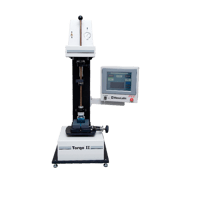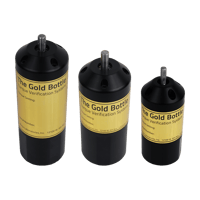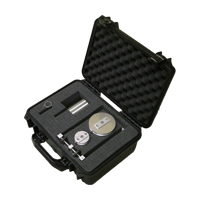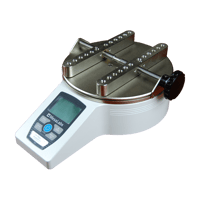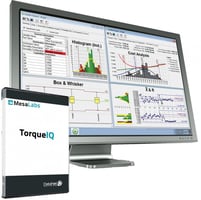Cap Torque Testing
-
Torque Testing
Customizable Solutions For Caps And Containers
As the worldwide leader in cap torque testing, Mesa Labs designs and customizes manual and semi-automatic cap torque analyzers for laboratory and production environments in industries ranging from food and beverage to pharmaceutical and medical device.
Torque News & Developments
Mesa Labs brings you updates on the latest advancements in cap torque testing with essential insights equipping you with the knowledge to comply with ongoing regulatory changes.

Cap Torque
Variability in Cap Torque Readings: 3 Important Factors
Technical article on reducing variability in cap torque readings, essential for pharmaceutical, chemical, food & beverage, and cosmetics industries.

Calibration
When and Why Should I Calibrate My Cap Torque Tester?
Explore the critical importance of calibrating cap torque testers in pharmaceutical, chemical, food & beverage, and cosmetics industries

Regulatory
Cap Torque Testing: Standards and Regulations You Need to Know
Discover the essential cap torque testing standards and regulations crucial for packaging integrity and compliance.
Designed To The Most Exacting Requirements
Mesa Labs offers expert tooling and customization to support your quality control efforts. Our cap torque analyzers deliver precise, repeatable results, with features designed to fit your process needs.
Accurate
Mesa Labs offers expert tooling and custom features that makes precise torque testing possible in any application.
Flexible
Our analyzers are easy to customize for any cap and container combination, even for the most complex requirements.
Heavy-duty
Solid steel construction delivers robust performance in laboratory, production, and corrosive industrial environments.
Solution Portfolio
With experience in a wide range of common and custom applications, and capacity for expert tooling, Mesa Labs can customize torque testing equipment for any application.
Applications
AUTOMOTIVE
BEVERAGE
CLEANERS
FOOD/DAIRY
INDUSTRIAL
PERSONAL CARE
PHARMA
SPIRITS
Stay Operational And Compliant
Our technicians provide expert tooling to fit any cap and container combination and customize your analyzer to fit your process. We also offer NIST-traceable calibration in our ISO-certified facility.
